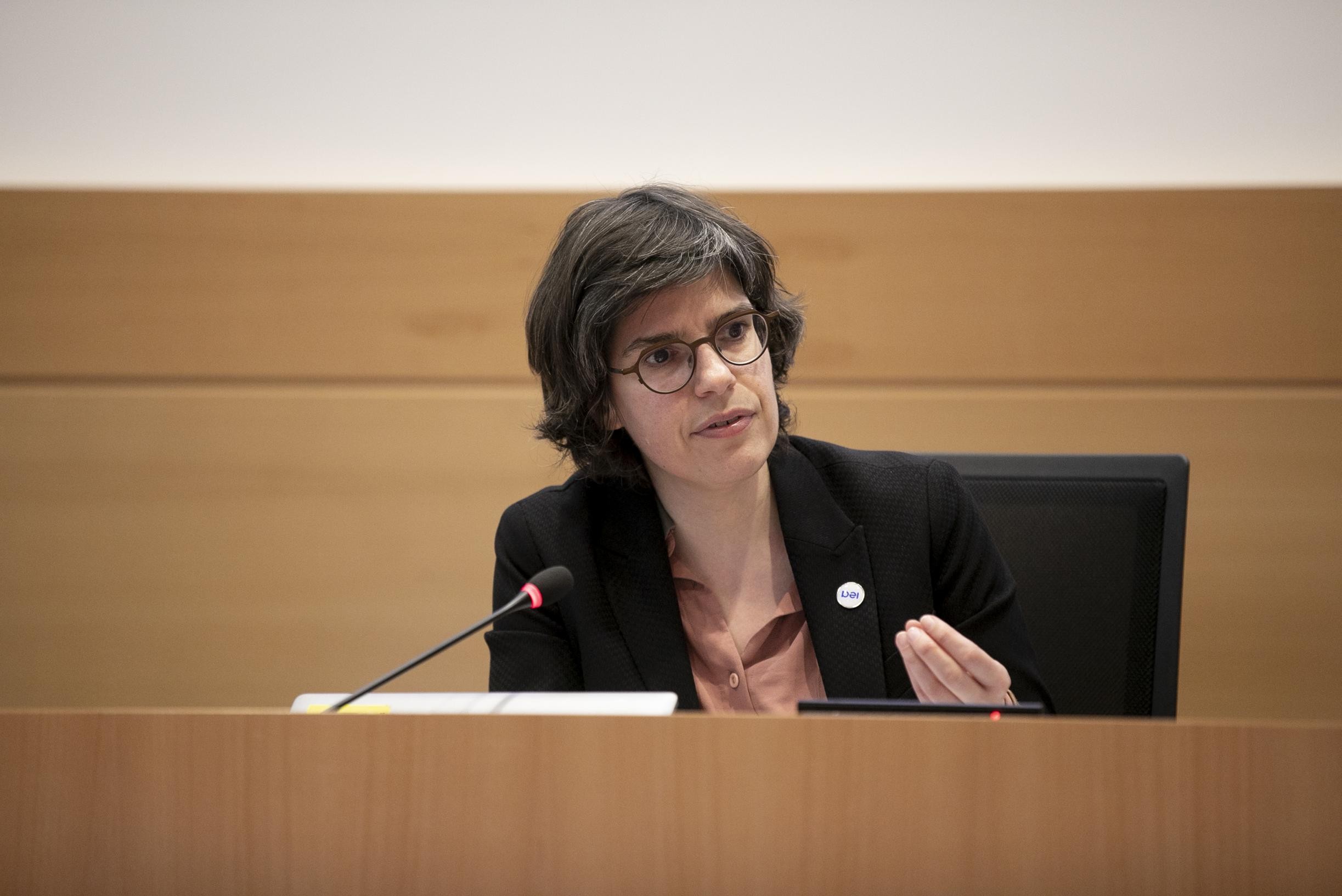Minister of Energy Tinnie Van der Straeten — © BELGA
–
Energy Minister Tinne Van der Straeten (Green) has asked the National Bank to develop a proposal for a crisis contribution from the energy sector. By this she mainly refers to the “excessive profits” that Engie Electrabel makes due to the high energy prices. “It is not justifiable that record profits are made while a record number of people cannot pay their invoices,” said the minister.
–
jvhBron: BELGIAN
—
Since the sharp rise in energy prices, the surplus profits within the energy sector have been in the crosshairs more than once. At the request of Minister Van der Straeten, the CREG has obtained legal advice to examine how the sector’s distribution contribution can be increased. That turns out to be no easy task. For example, far-reaching legal interventions would be necessary, without the possibility of avoiding compensation or legal action.
Under the current scheme, Engie Electrabel is almost completely exempt for Doel 1 and 2 and Tihange 1, except for an amount of 20 million euros for the energy transition fund. For the other nuclear power plants there is a distribution contribution of 38 percent of the profit. According to an estimate by the CREG, this distribution contribution for the years 2022-2024 would be between 529.68 million euros and 683.92 million euros.
This is not enough for Minister Van der Straeten. “No one should enrich themselves from the crisis,” she repeats. “The federal government has returned the additional income in full to citizens through a VAT reduction to 6 percent and the extension of the social rate. It is clear that Engie Electrabel is benefiting from the unprecedented high energy prices. If a company makes excessive profits at the expense of the wallets of citizens who are already suffering greatly from the effects of the crisis and the economy, that is unacceptable.”
It has therefore asked the National Bank to draw up a proposal for a crisis contribution, with the question of what conditions it must meet. “Excessive profits in strategic sectors such as energy are a real danger to our economy and the country. It is no longer justifiable that the nuclear power plants Doel 1, Doel 2 and Tihange 1 make exuberant profits, but are exempt from a distribution contribution”, concludes Van der Straeten.
—


